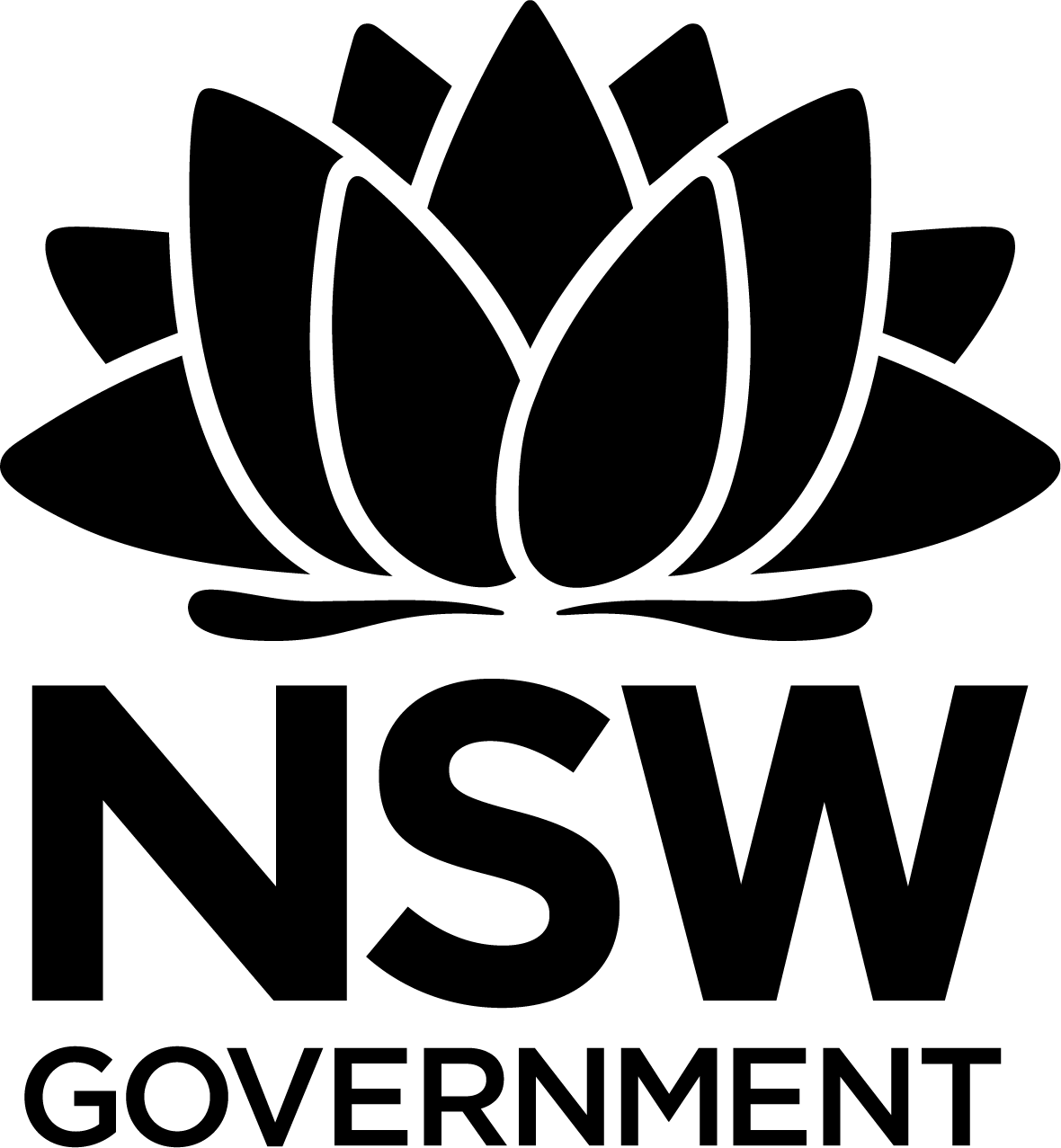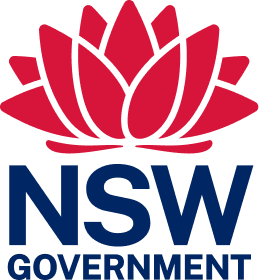
Crown land manager resource
- Home
- Resolve a conflict and manage complaints
Explore this section
Resolve a conflict and manage complaints
Back to I want to
Action required: EPA investigation into asbestos in mulch
Crown Lands is seeking information from non-council Crown land managers regarding any use of imported mulch on the Crown reserves they manage.
On this page
Resolve a conflict and manage complaints
Conflict of interest
A conflict of interest for Crown land managers (CLMs) occurs when private interests may improperly influence public duty. Public officials (which includes CLMs) are also private individuals, and there will be occasions when private interests are in conflict with their duty to put the interests of the public.
Having a private interest in conflict with public duty may not be a problem, as long as the conflict of interest is managed in a transparent and accountable manner.
For more information, refer to the conflict of interest section.
Support for resolving conflict
Conflict that arises within community boards, between reserve user groups or with volunteers can be confronting and difficult to resolve. Land managers are encouraged to refer to the following resources for help:
- Contact us – Crown Lands staff can assist to support land managers to address conflict and identify alternate mediation resources.
- Volunteers – The Centre for Volunteering’s Volunteers program provides free mediation services for volunteers. Visit the Centre Volunteering website for details or download the information factsheet (PDF 189kb).
- Our Community, a specialist for not-for-profit organisations, provides guidance materials for dealing with difficult board members.
Manage a complaint
A complaint is a statement expressing dissatisfaction of behaviour of the CLM or its members in relation to the code’s minimum standards. A complaint could relate to:
- isolated behaviour issues (e.g. rude, abrupt, unsympathetic interactions)
- poorly managed conflict of interest
- incorrect, misleading or incomplete advice
- failure to provide a responsive service.
An allegation is a statement claiming serious concern regarding behaviour in relation to the code’s minimum standards. An allegation could relate to:
- fraud
- received/offered bribes
- abuse of power (e.g. entering into a contract/agreement to benefit private interests)
- serious/substantial waste of public resources, including funds
- unacceptable behaviour (e.g. harassment, assault, drunkenness, discrimination, etc.).
Complaints register
People may make a complaint orally or in writing. The complaint and any supporting material should be logged in the complaints register.
A complaints register is a document that records all complaints received and how they were handled. There is a template for logging complaints which you can edit to suit the needs of your organisation. It provides a quality-control mechanism for customer service and management review, and helps you track complaints.
All complaints should be thoroughly investigated, and the complainant kept informed about its progress. Make sure you respect the complainant’s wishes for confidentiality and/or anonymity. In all cases – oral and written complaints, resolved or unresolved – you should give the complainant the following information:
- the process undertaken to resolve the complaint
- an estimated time to resolve the complaint
- the final decision made and the reasons for it
- avenues of further review.
Escalating a complaint or allegation
Where necessary, complaints should be escalated to a senior staff member, CLM board member or the department for further investigation.
Any allegation received by a CLM must be referred to the department, which will refer it to the appropriate person or body for investigation. Investigation of allegations can only be undertaken by specifically trained staff.
Monitoring complaints
Senior CLM staff or a board member should review the complaints register regularly to monitor the handling and status of complaints. Information gained from this process can be used to change organisational practices or retrain staff.
Other resources
Ombudsman NSW – Effective complaint handling guidelines 2017, available from their website.
Sign up for our eNewsletter to receive updates.
This Crown land manager web resource was printed on 27 Apr 2024. The information contained in this web resource is based on knowledge and understanding at the time of writing Apr 2024. However, because of advances in knowledge, users are reminded of the need to ensure that the information upon which they rely is up to date and to check the currency of the information by referring to the website (www.reservemanager.nsw.gov.au).
© State of New South Wales through Department of Planning, Industry & Environment 2024.
Page link: https://reservemanager.crownland.nsw.gov.au/i-want-to/resolve-a-conflict
- Home
- Resolve a conflict and manage complaints

